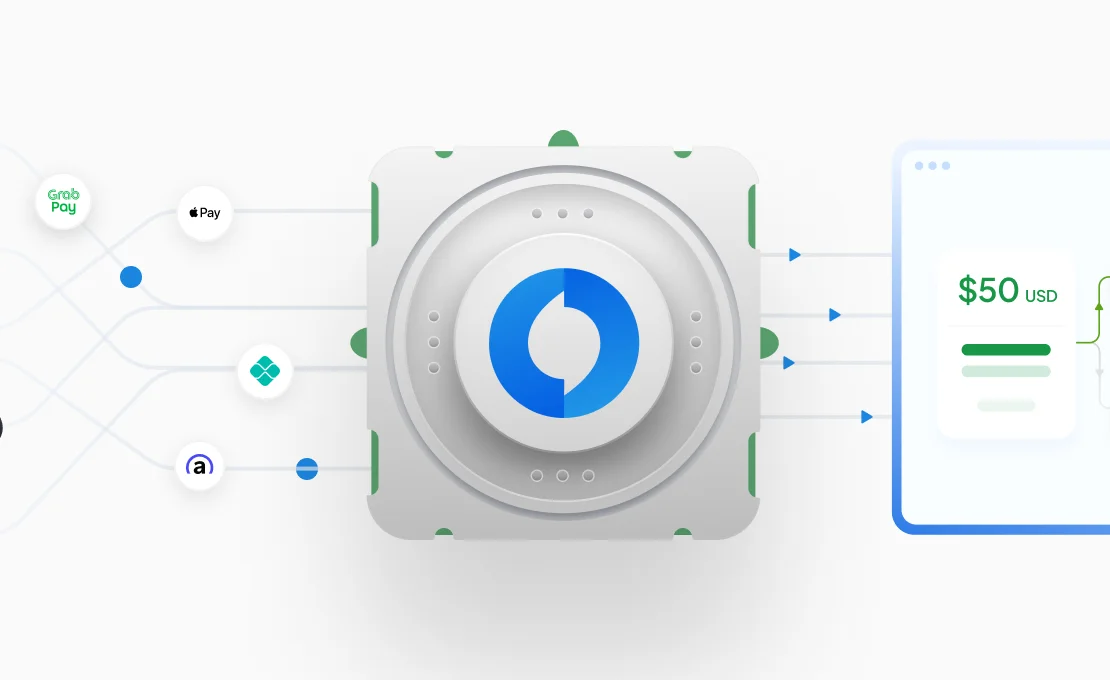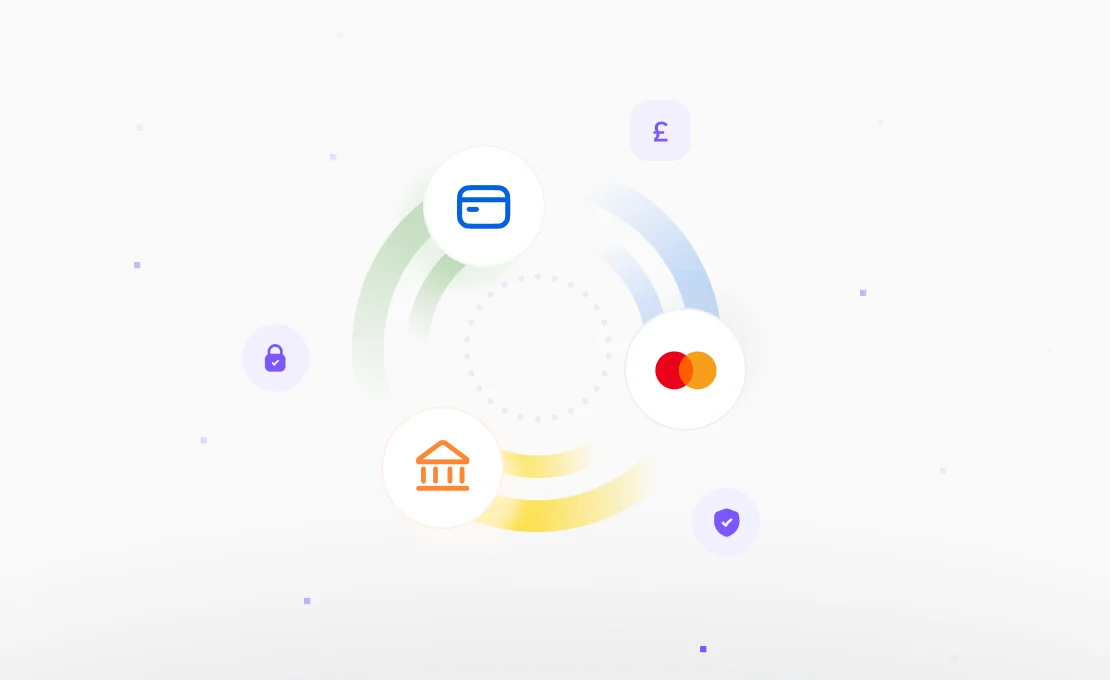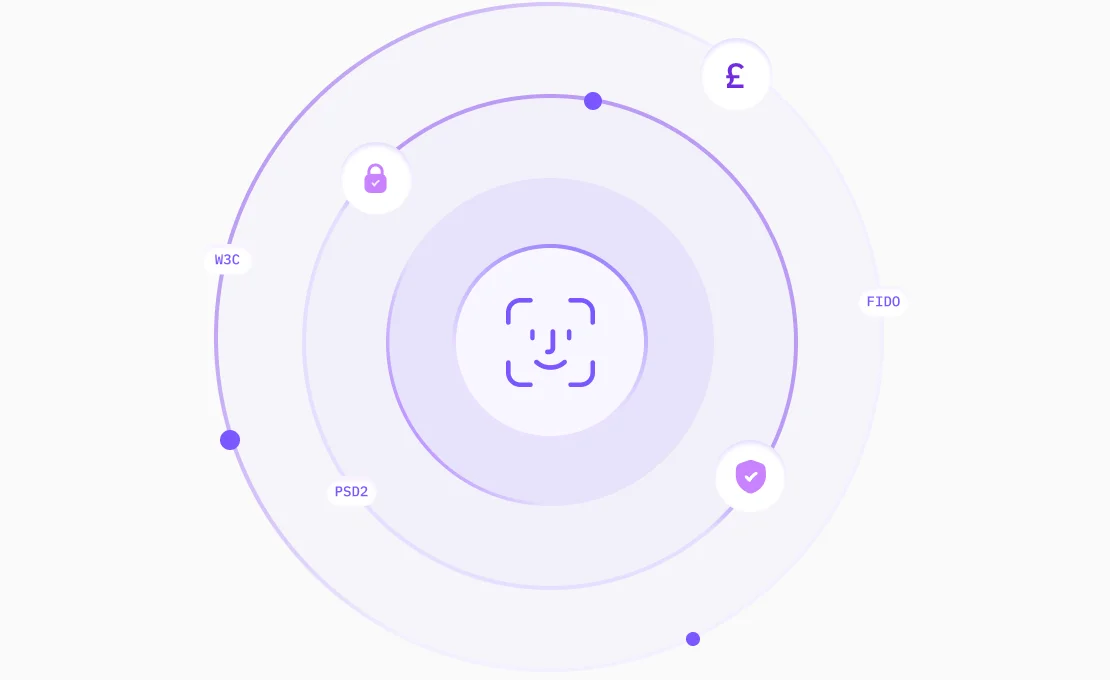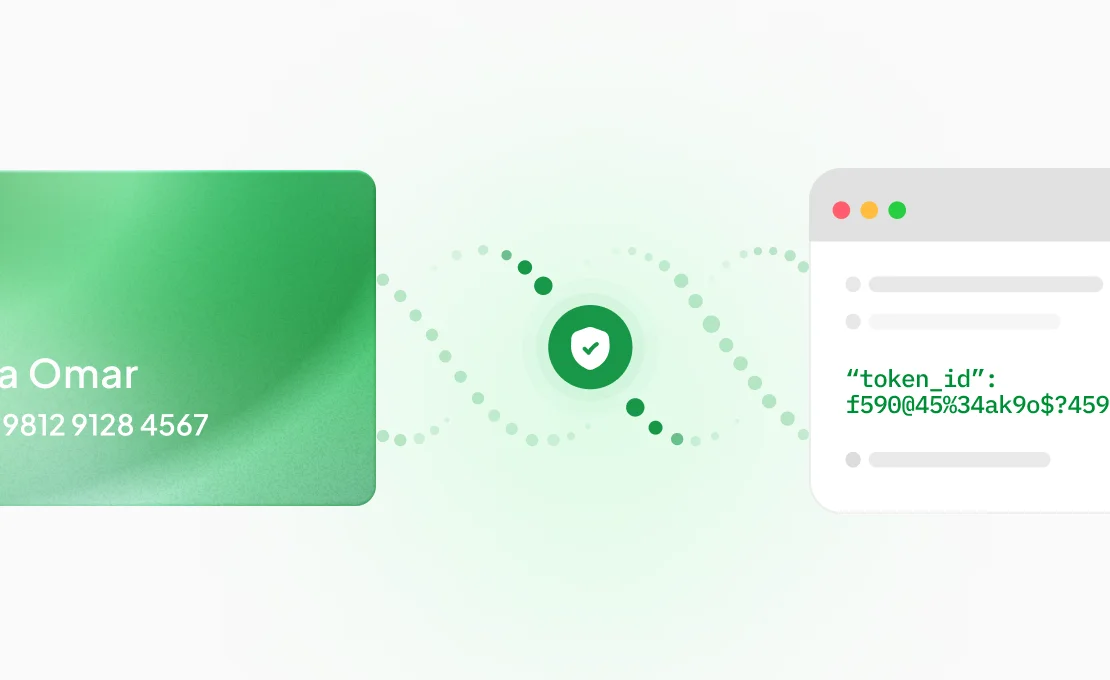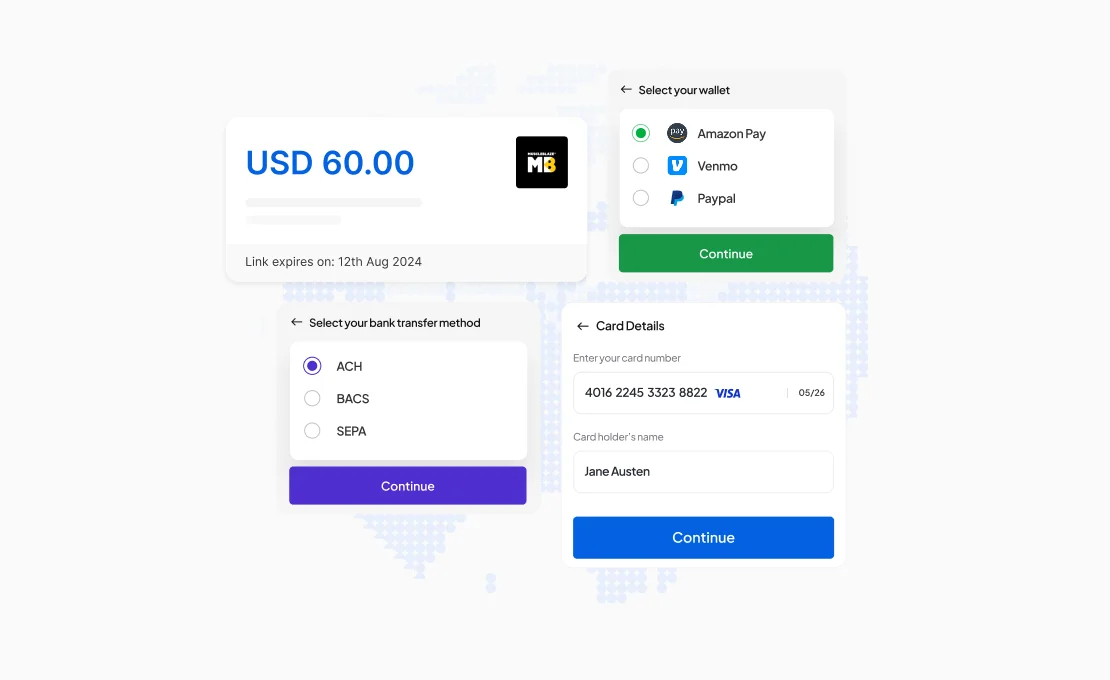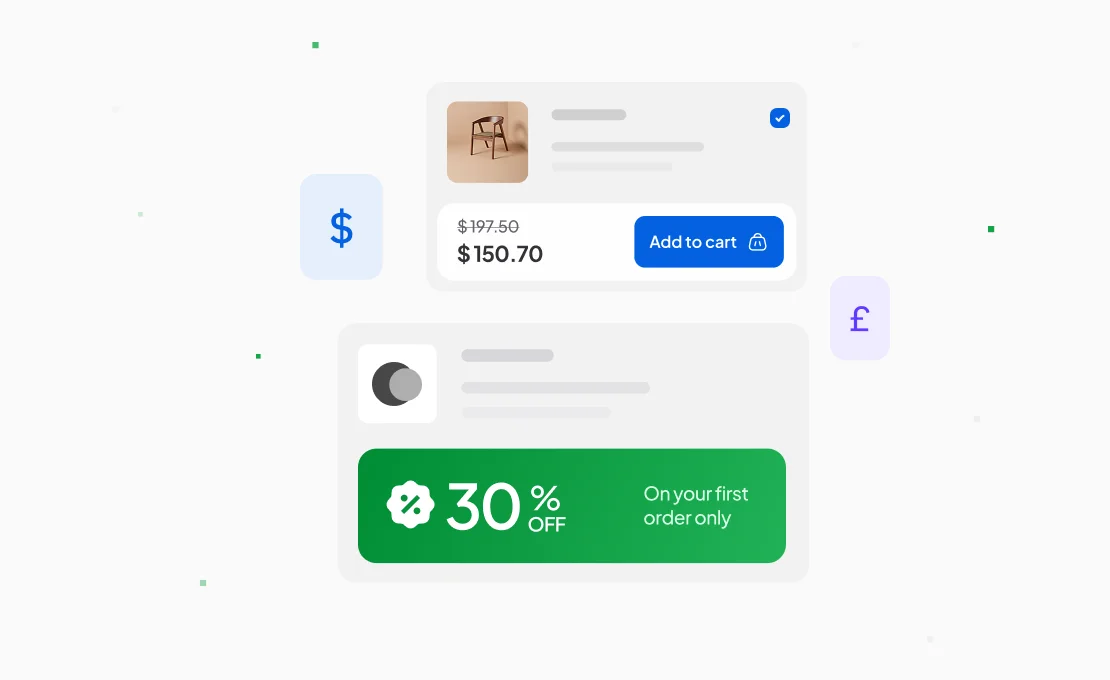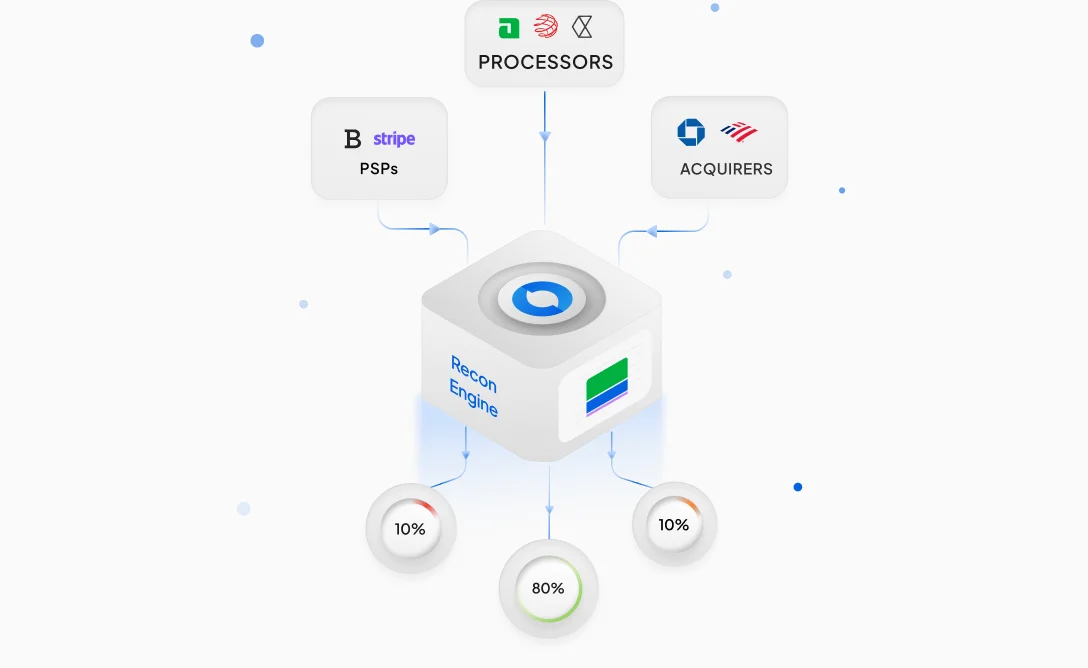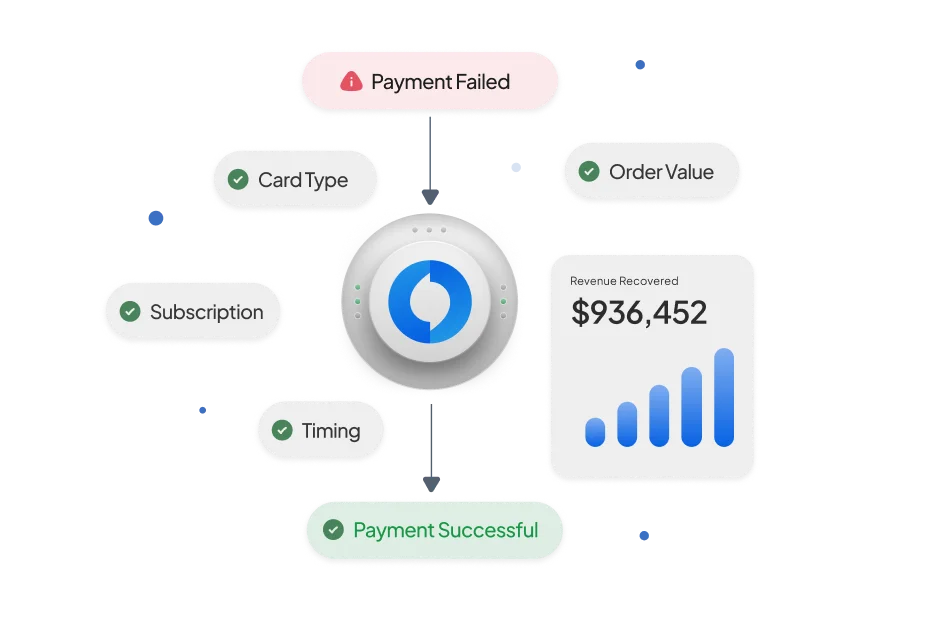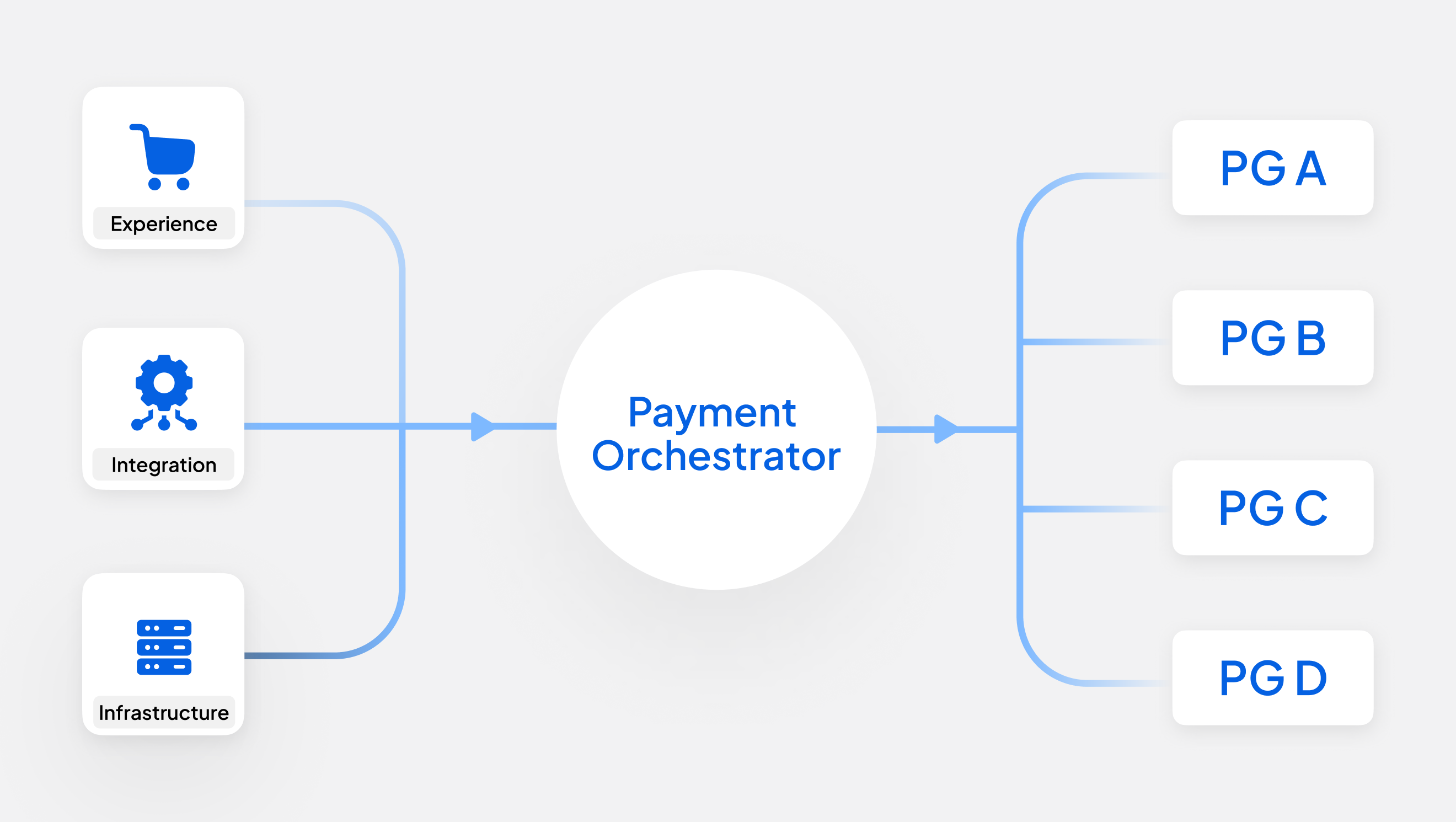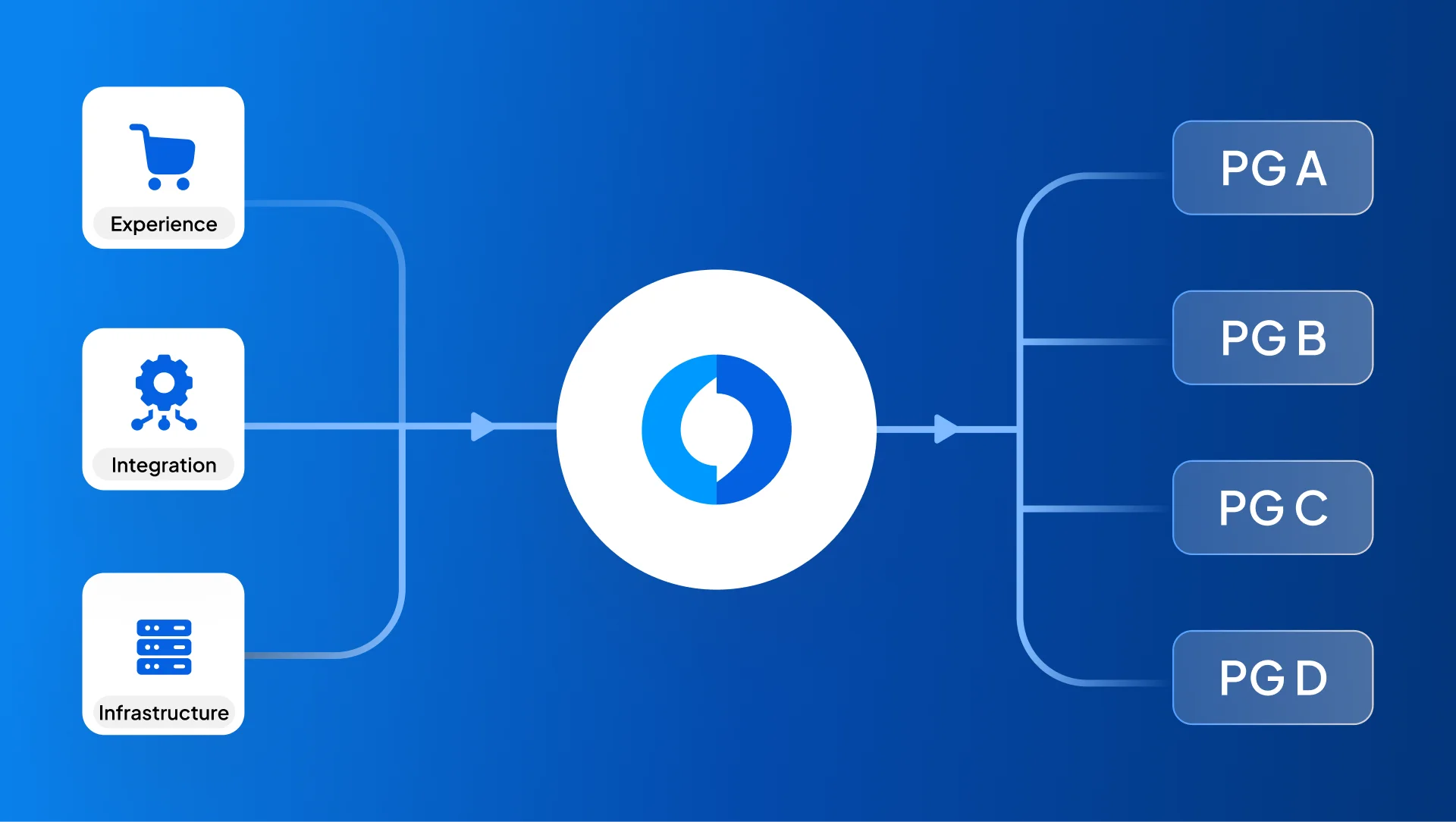The regulations around remote services vary across Europe. This is particularly a concern when it comes to Know Your Customer (KYC) requirements. The onboarding experience needs to be seamless for customers, irrespective of their location. That’s one of the reasons why Qualified Electronic Signatures (QES) are chosen to streamline the process.
Understanding Qualified Electronic Signatures (QES)
Efficiency and security are important for any business. Qualified Electronic Signatures (QES) have emerged as a game-changer for businesses seeking to enhance their Know Your Customer (KYC) processes.
QES signatures are said to be the most secure and legally binding form of electronic signatures recognized across the European Union (EU). Unlike basic or advanced electronic signatures, QES signatures adhere to strict requirements outlined in the eIDAS (electronic IDentification, Authentication and trust Services) regulation, ensuring their validity and enforceability across borders. The introduction of a fully electronic notification system by the European Commission in April 2023 brought in this change.
A digital certificate is issued by a qualified trust service provider (QTSP). This certificate uniquely identifies the signer and links them to the signed document, ensuring non-repudiation and preventing any tampering.
QES signatures also require the use of a qualified signature creation device (QSCD). A smart card or a USB token can be used. It guarantees the authenticity and integrity of the signature. This combination of factors makes QES signatures the gold standard for electronic signatures in the EU.
The Importance of QES for Financial Organizations
Qualified Electronic Signatures (QES) are playing a vital role in helping financial organizations across Europe. This helps them unlock many benefits that go beyond mere compliance.
QES signatures offer more security as compared to other forms of electronic signatures. The stringent requirements outlined in the eIDAS regulation ensure that QES signatures are uniquely linked to the signer and tamper-proof. This gives a degree of assurance that traditional wet signatures cannot match. This enhanced security is crucial in the financial sector, where fraud and identity theft pose significant risks.
QES signature eliminates the need for physical documents and manual verification. This helps financial institutions onboard customers faster, reduce operational costs, and improve the overall customer experience as well. This approach enhances customer satisfaction and contributes to a more efficient and agile organization.
The use of QES signatures fosters trust and credibility. It can help build stronger relationships with customers and partners as it demonstrates a commitment to the highest standards of security and compliance.
Evaluating Qualified Electronic Signature Solutions
Before choosing a QES signature solution, it’s crucial to consider various factors to ensure it aligns with your business needs and regulatory requirements.
Ensure the solution you select complies with the eIDAS regulation. This EU-wide regulation sets the standard for qualified electronic signatures. It guarantees their legal validity and cross-border recognition. A compliant QES signature solution will ensure your digital transactions are legally sound and enforceable.
Security must be a priority. Look for solutions that offer robust security features. Some essential measures include strong encryption, tamper-evident seals, and audit trails. These features ensure the integrity and authenticity of QES signatures. A focus on security will help protect your business and customers from fraud and unauthorized access.
Since customers are the focus of this system, usability and integration need to be considered. The ideal QES signature solution should be user-friendly. It will allow for easy document signing and verification. The solution should also integrate seamlessly with your existing systems and workflows, minimizing disruptions to your operations.
Don’t overlook scalability. As your business grows, so will your need for electronic signatures. Choose a QES signature solution that can scale with your business. The action will help handle higher transaction volumes and evolving requirements.
By carefully evaluating these factors, you can select a QES signature solution that not only meets your current needs but also positions your business for future growth and success. Remember, investing in a reliable QES signature solution is key to your business’s security, efficiency, and compliance.
Key Considerations Before Choosing an Electronic Signature Partner
Choosing the proper QES signature provider can play a vital role in the productivity and overall risk profile of your organization. In addition to compliance with eIDAS requirements and having an unbreakable security system, there are several other considerations to be made. First of all, one should evaluate the provider’s credibility and longevity in the market. Make sure to choose a partner that offers well-tested, secure, and reliable QES signature solutions.
Look at their clientele and case studies in order to determine whether they are suitable for your industry or application. Moreover, self-assess the provider’s approach to innovation and customer service.
Strong customer services are also mandatory to ensure that you receive help and support at all times. Further, it is important to examine the provider’s cost structure and contractual agreements. Make sure the cost structure is clear and reasonable for the usage frequency you have planned out.
It would be wise to go through the contract paperwork for any charges, constraints, or any other restrictive terms that could hamper the use of the QES signature solution maximally. Last but not least, consider how the provider complies with privacy and data protection laws. Since QES signatures are typically associated with sensitive data, it is critical to select a partner with whom you can ensure confidentiality and compliance with data protection laws.
Enhancing KYC Compliance: Choosing the Right Identity Verification Solution
To do operations in the European market, strong Know Your Customer (KYC) compliance is a critical parameter in the digital environment. As the measures prescribed by acts such as the 6AMLD become increasingly tighter in terms of requirements, the methods that organizations should use to carry out efficient and secure IVD are of paramount importance.
Qualified Electronic Signatures present a strong opportunity to address the issues related to KYC and optimize the processes connected with them while preserving the maximal security level. If one is choosing an identity verification solution, then give priority to those that incorporate or include QES signatures into their procedure. This will provide your clients with legally sound digital onboarding, as well as a great experience.
It is also necessary to choose solutions that incorporate additional functionality into QES, such as biometric authentication and facial recognition, to strengthen protection against fraud.
Furthermore, it is vital to understand that the chosen solution can handle the expansion of your business and changes in the legislation. If you are going to use QES signatures, you should collaborate with a reliable provider who will make the KYC process as simple and safe as possible for your organization and customers.
